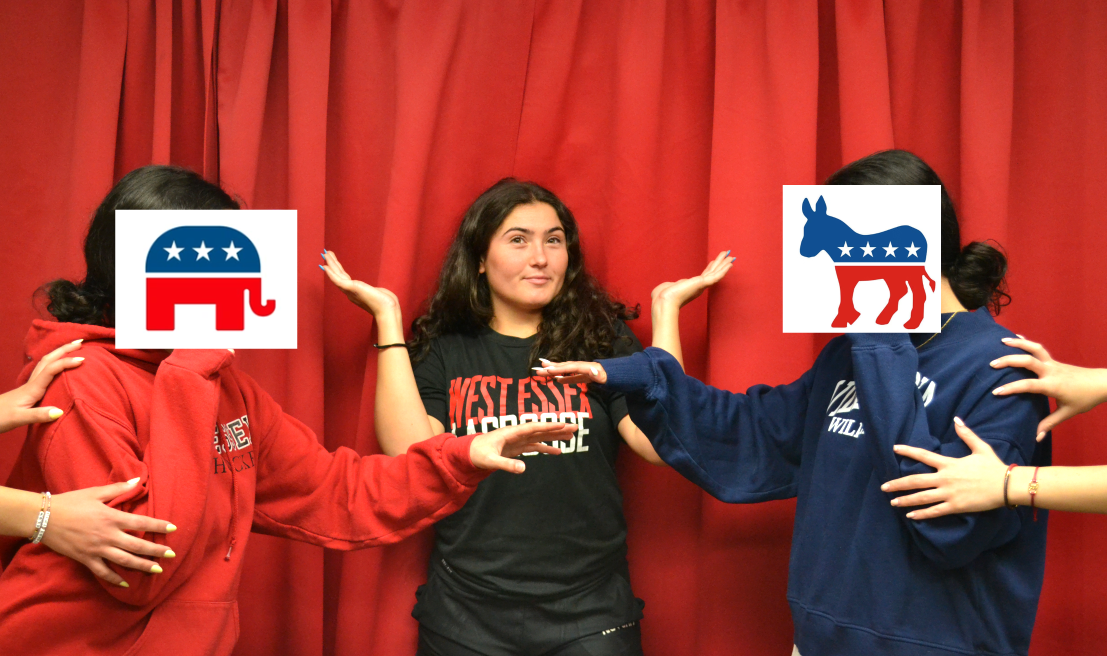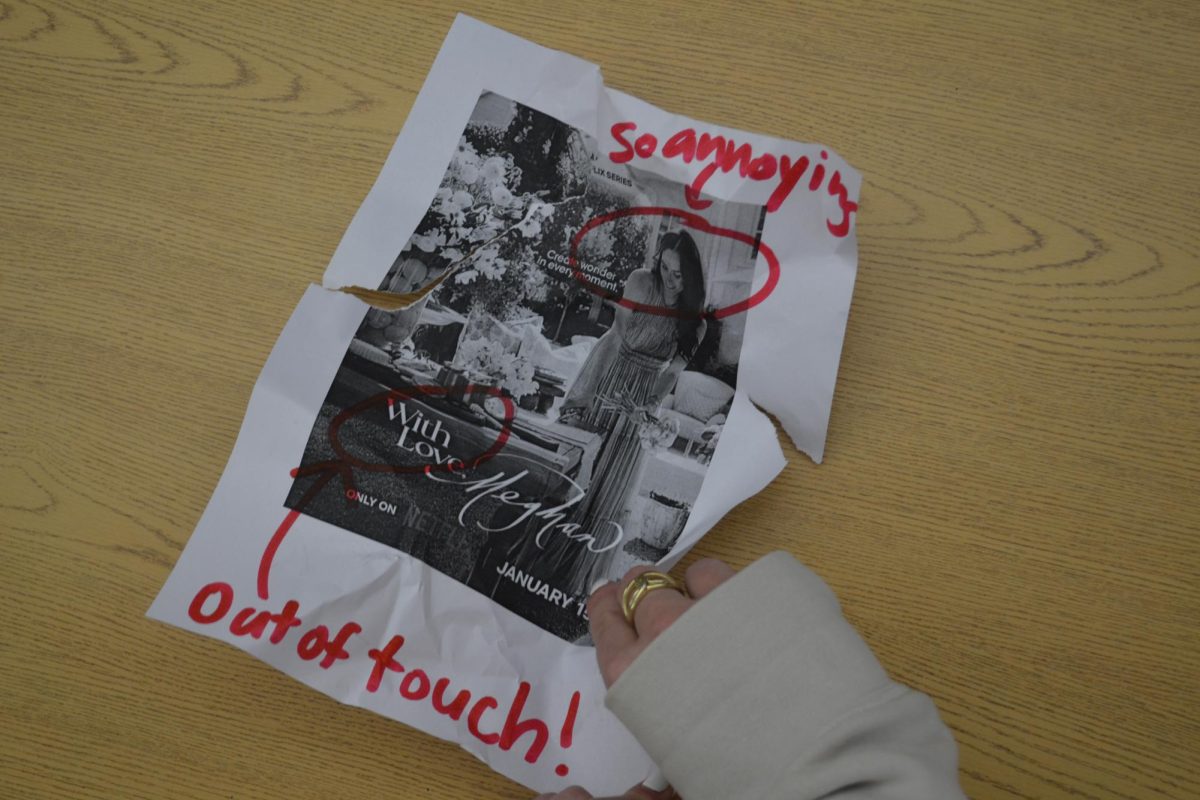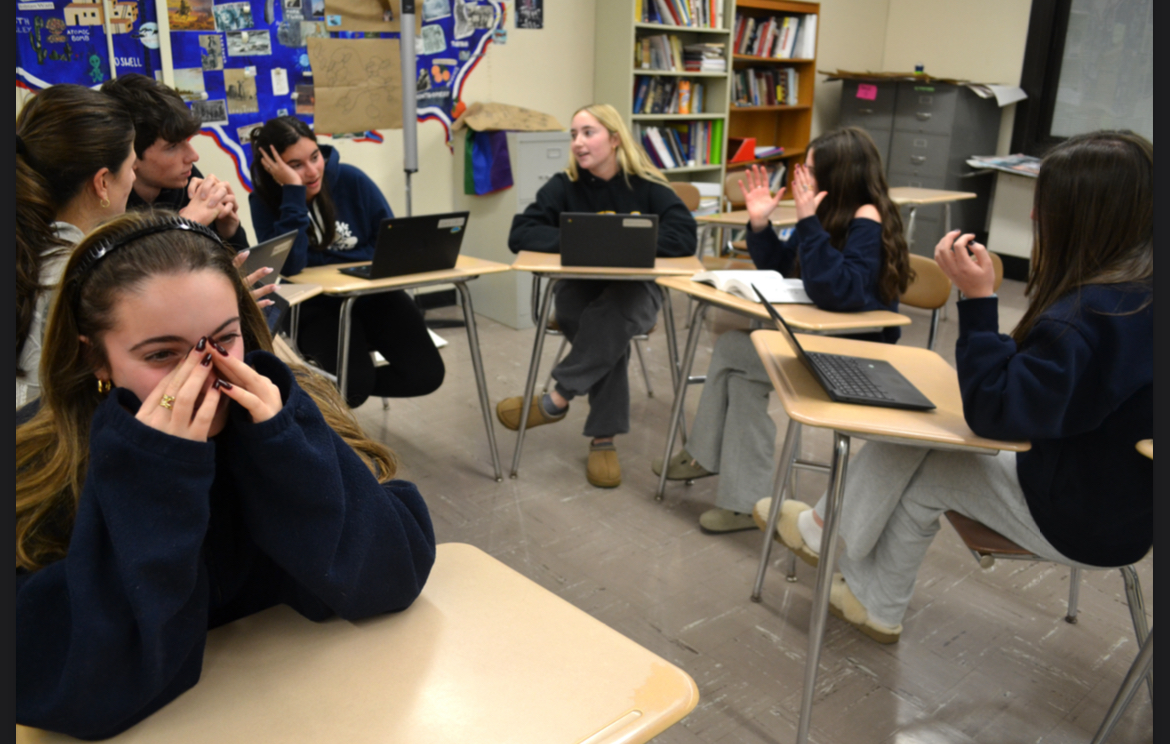Have you ever met a new person, had a great conversation with them and then found yourself worried about what they would think about your political views and vice versa? Political parties have been a defining part of America for decades, with thousands of perspectives on different national and worldwide issues. However in the last couple of years, political parties have become a main topic of judging someone’s character. The polarizing sides to our government has altered friendships, relationships and even polite conversation simply because many people are too closed-minded and blinded to facts from both sides that they won’t accept anything else but their own opinions.
Both sides have wrongs and rights, but people on either side fail to see it as long as they keep their own viewpoints valid. Arguing with someone who simply won’t open their eyes and recognize that both the Democratic and Republican side could be wrong–or right–is exhausting. Isn’t everyone tired of every facet of their lives being defined by political views?
Political opinions have also polluted systems where they shouldn’t be talked about as nearly as much as they are. In school, for one, it is extremely important to learn about history and the origins of political parties, what each stands for and what they’re like today. But there comes a point when debates are fought at the wrong times, where 12-year-olds don’t need to be arguing over Trump or Biden because they’re likely just echoing talking points overheard at home that they may not even fully understand.
In recent years, political discourse has become increasingly divisive, leading to strained relationships and a breakdown of social harmony. The rise of bipartisan animosity isn’t a very modern topic, but it is becoming more invasive as the months pass and has created an environment where individuals are judged not by their character, but by their political affiliations. This has resulted in friendships being torn apart, families divided and communities fractured.
One of the primary reasons for this growing divide is the domino effect created by the social media outlets and political party news feeds. People are increasingly exposed only to information that confirms their existing beliefs, reinforcing their biases and making them less open to opposing viewpoints., This lack of exposure to diverse perspectives leads to worsening of positions and a decreased willingness to actually engage in constructive conversations about politics.
The toxic nature of political hatred undermines the very fabrics of what makes up society. It breaks down trust, fuels animosity and hinders our ability to come together as teams to solve common problems that are faced from both sides of the political scene. To heal these divisions that have become so polarizing, we must actively seek out diverse viewpoints from ours, engage in much more respectful dialogue about those perspectives and prioritize empathy and understanding for all people over partisan loyalty.





